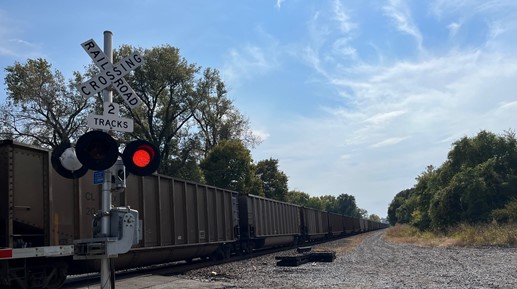
ASA and other ag industry leaders are urging Congress to take swift action to avoid a potential rail strike or lockout that would significantly harm the U.S. agricultural supply chain and devastate the economy.
The administration successfully helped mitigate a tentative agreement between the National Railway Labor Conference and 12 unions in September, preventing a potential strike or lockout. Each union is required to have its membership ratify the deal. If even one union does not reach a labor agreement, it is possible that all 12 unions will strike in solidarity. Railroads and the labor unions representing rail workers have until Nov. 19 to reconcile their differences and agree on a new labor contract.
As of now, members of four unions continue to review the agreement—following two unions that have voted to not ratify and causing concern that others will follow suit and cause a shutdown of the entire freight rail system.
While ASA and other groups continue urging the negotiators to reach an agreement among themselves, Congress may need to intervene.
In a letter to House and Senate leadership, the Ag Transportation Working Group underscores how a rail shutdown would cause further damage to the supply chain, especially while waterways remain strained.
“A strike or lockout combined with existing challenges in the rail system, at our ports, with trucking and with record low water levels on the Mississippi River impacting numerous barge shipments would be catastrophic for the agricultural and broader U.S. economies,” the groups write. “Congress must act to prevent this from occurring if the parties cannot reach agreement.”
This week, ASA also encouraged soy growers and soy states to reach out to Congress and urge members to act should a final rail labor agreement not be reached. Last week, ASA signed onto a coalition letter asking Biden to work with rail unions. According to the Association of American Railroads, rail annually transports 1.5 million carloads of grain—including soybeans. In addition, 248,000 carloads of processed soybeans, primarily soybean meal and oil, are transported each year. The railway is also critical to transporting fertilizer to U.S. farmers, who are already grappling with supply chain issues that have been exacerbated by the war in Ukraine.


















